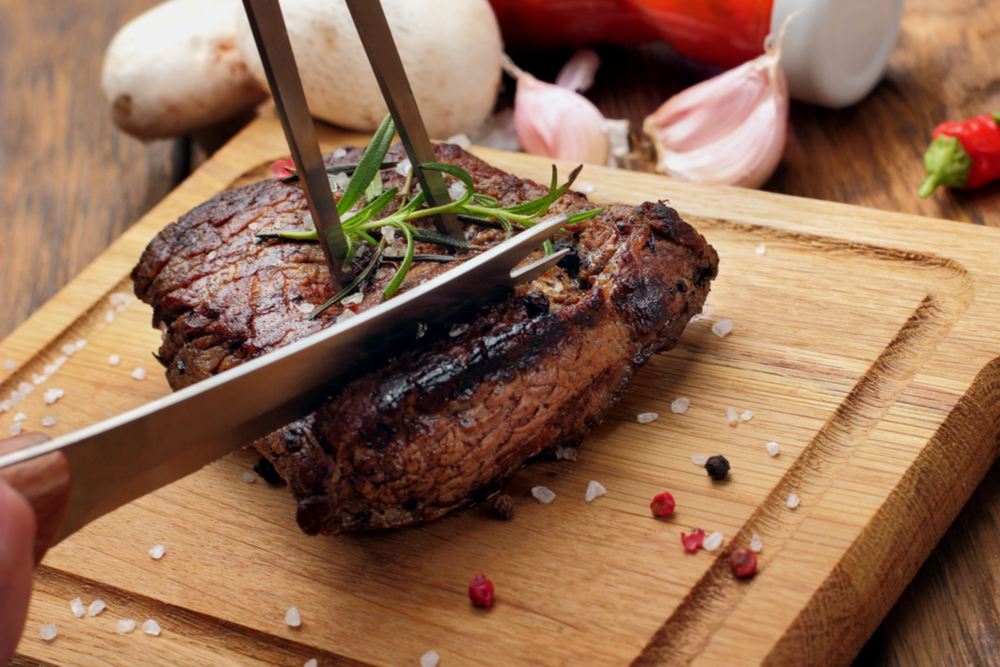Irish food and drink exports are up despite pressures from inflation and Brexit, writes Bank of Ireland head of Food & Drink Sector Roisin O’Shea.
Overall performance
Despite ongoing turbulence due to inflation and Brexit, the food and drink industry continues to perform well.
Exports were up by 24% in the year to April, with a similar increase in the amount of imports. Despite Brexit, exports to GB continue to flow freely (+26.5%) and there has been a recovery in imports also (+24%).
“Inflation management continues to be a key focus for the sector”
On a sectoral basis, while all sectors are preforming well, the star performer is dairy (+38%). The growth of dairy, was reflected in the strong results recently published for Ornua for 2021, with sales of Kerrygold up by 12%.
Foodservice return
The return to foodservice sales is undoubtedly behind some of the strong trading figures evidenced by the CSO.
A recently published Bord Bia White Paper suggested a full year growth of 58% in 2022 for sales into foodservice outlets compared to 2021, leaving the industry 5% behind pre pandemic levels in 2019.
However given estimated menu inflation of 10-15% much of the growth is inflation-driven.
Inflation
Inflation management continues to be a key focus for the sector. Food inflation rose to 10% in the Eurozone in May, while the figure for Ireland was 4.4% (Source: Eurostat Annual Inflation May 2022 compared to May 2021). This also compares favourably to the UK figure of 6.7% in April (Source: UK ONS). Inflationary pressures are likely to continue with little progress made in addressing wheat exports from Ukraine and additional climate-related pressures on harvest in Europe and India.
In the UK, the Institute for Grocery Distribution forecast UK food price inflation of up to 15% before the year ends.
The ongoing negotiation on prices between suppliers and retailers continues to be challenging. In the UK, the most recent report by the Groceries Code Adjudicator (GCA) highlighted the strain on supplier-retailer relations.
A quarter (26%) of suppliers said they had experienced a refusal by a retailer to consider a request for a cost price increase (CPI) or an unreasonable delay from the retailer in concluding the request. It is the most raised issue in the GCA’s surveys over the last five years.
As well as negotiating pricing with customers, suppliers are also looking at ways of reducing cost. Danone recently highlighted that it was looking at consolidating its range of products as a cost cutting response.
Brexit
Irish food producers reacted with dismay to recent moves by the UK Government to amend the Northern Irish protocol.
The risk of the loss of access to the single market for Northern Irish producers would seriously affect a number of island of Ireland processors, with complex processing operations that straddle both sides of the border.
The UK has proposed a dual regulatory regime, however it is difficult to see how this would work in practice.
This is illustrated by the NI Dairy Council chief executive Mike Johnston using the hypothetical example that if wheat produced using pesticides banned by the EU was used as animal feed on Northern Ireland dairy farms, then the milk produced would not be permitted to cross the border.



